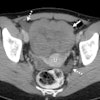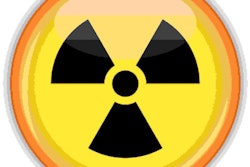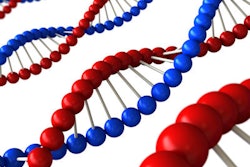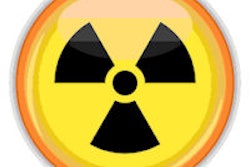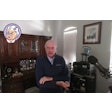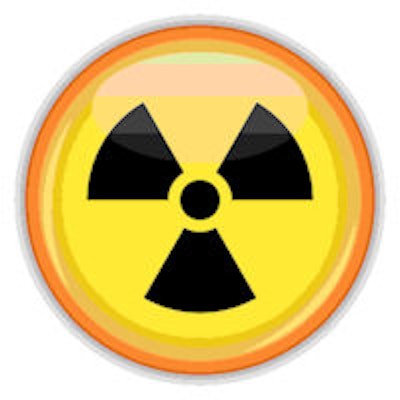
An article in the American Journal of Clinical Oncology calls for the abandonment of the linear no-threshold (LNT) model, which holds that even low levels of radiation -- similar to those used in medical imaging -- can be harmful.
The LNT model is used to estimate cancer risks from low-dose radiation; it holds that radiation can cause damage such as the development of cancer, with the amount of damage directly proportional to the dose. The model assumes that there is no safe dose of radiation, and it does not incorporate the ability of the body to repair damage from low-dose radiation that occurs naturally in the environment.
Much of the data supporting the LNT model are derived from studies of the survivors of the atomic bombs dropped on Japan in World War II, as well as other epidemiologic research. But the model has detractors, and in September 2015, the U.S. Nuclear Regulatory Commission announced that it was reviewing the theory to see if it should be replaced.
In the article in the American Journal of Clinical Oncology, researchers reappraise the data that led to the adoption of the LNT theory. They conclude that the data reported in those studies do not actually support the LNT model.
Risk estimates based on the LNT model "are only theoretical and, as yet, have never been conclusively demonstrated by empirical evidence," wrote senior author Dr. James Welsh and colleagues. Welsh, a radiation oncologist and professor at Loyola University, has been a frequent critic of the LNT model.
Use of the LNT model drives unfounded fears and "excessive expenditures on putative but unneeded and wasteful safety measures," the authors added (Am J Clin Oncol, November 3, 2015).
Studies of atomic bomb survivors and other epidemiological studies have never conclusively demonstrated that low-dose radiation exposure can cause cancer, they wrote. A claim that low-dose radiation from medical imaging procedures is known to cause cancer "should be vigorously challenged, because it serves to alarm and perhaps harm, rather than educate."


